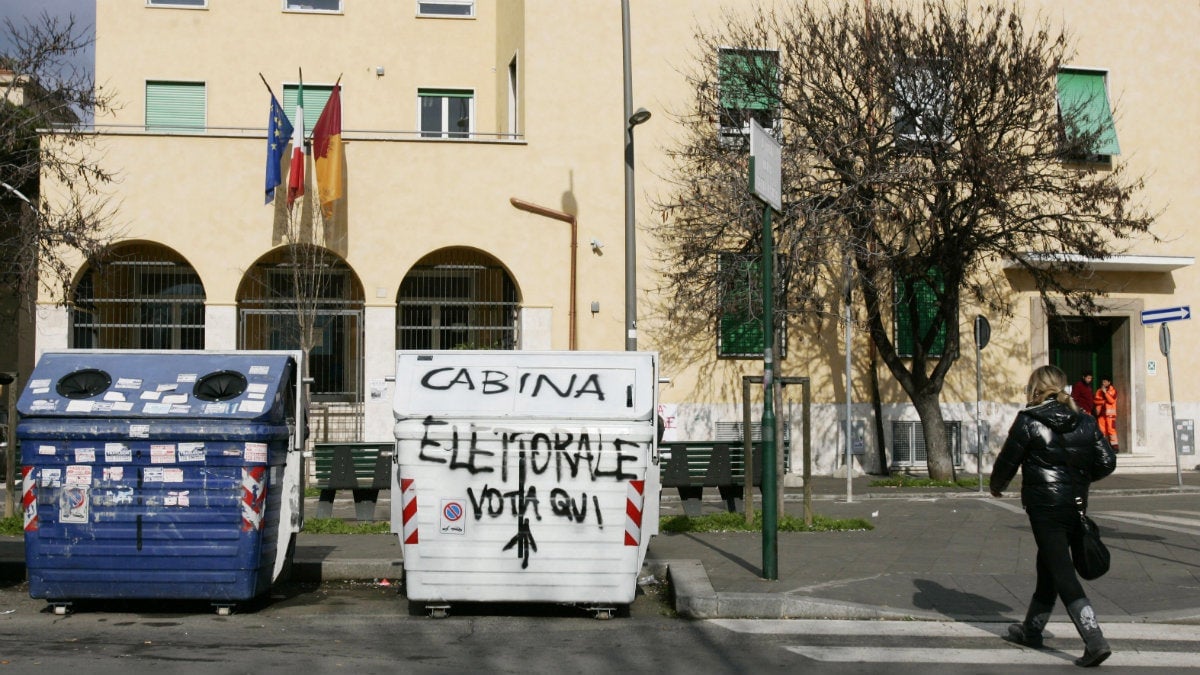It’s time for Italians to let go of regional loyalties if they want their economy to thrive
Headlines around the G7 and G20 meetings have focused on the competitive devaluations spurred by Japan’s recent engineered yen weakening. However, traveling in Europe this week, I was struck by a less-covered but similarly important story: Italy’s presidential elections this coming weekend.

Headlines around the G7 and G20 meetings have focused on the competitive devaluations spurred by Japan’s recent engineered yen weakening. However, traveling in Europe this week, I was struck by a less-covered but similarly important story: Italy’s presidential elections this coming weekend.
G7-member Italy has been a crisis in slow motion, with structural problems dating back to the late 1990s. Then, Italian manufacturing was attacked by competitors in Asia who free-floated currencies after long periods of US dollar-pegging. As a euro zone member, however, Italy has had no power to devalue to spur growth in the recent slowdown. And with 120% debt to GDP, the second highest after Greece, the country has little room for additional fiscal stimulus. Output is roughly where it was in 2007, stagnant for nearly 6 years. Stores are closing, social tensions rising. Youth unemployment is 30+% according to Eurostat, and like many in Europe, some 45% of all young adults live at home with their parents.
Italian politics have been wracked by scandals and corruption, and this election needs to lay the groundwork for a more integrated, national-minded Italy to help it better survive. We forget that the country—only fully unified in 1870—has a history of regional decentralization. As such, Italians tend to be distrustful of central government, with loyalty more to hometowns, labor unions, and family. But in order for the country to thrive in a competitive world economy, it must adapt. Sadly since World War II, the federal government has changed hands 60 times, making structural changes impossible. And structural change is what Italy needs. This means not only changing government, but also changing attitudes and expectations, and policies to support such changes.
Labor reform is imperative. Italy is unfortunately a victim of bad demographics with a median age of 43.8 compared to only 37.1 in the US. This has created an Italian “age war,” with unions favoring older workers who raise barriers for Italy’s youth seeking employment. In turn, this contaminates politics with older voters wanting to keep what they have, even if it condemns young people to bleak futures with little or no social mobility.

This all leads to bad public attitudes and behavior. In the last 18 months, I’ve visited Italy around five or six times, and I’m shocked by cancerous graffiti everywhere, even in posh parts of prosperous cities like Milan. In Rome, I discovered how few people, particularly young people, pay for public transportation, free-riding daily with no risk of punishment. On more than a few occasions, many people openly talked about ingenious ways of avoiding taxes. No wonder the state is broke.
Italy doesn’t have to be a basket case like Greece. With 58 million people, it’s the euro zone’s third-largest economy, the second-largest largest industrial player after Germany, and a formidable exporter in fashion, cars, and many consumer areas. With a little labor reform, these sectors and others can be even bigger winners. The country also has the potential to privatize state-owned assets to raise billions and improve efficiency. And it needs to. According to the Global Economic Competitiveness report for 2012-13, Italy ranks only 42nd in the world, well behind the next lowest ranked G7 country France (21st), as well as lesser developed Asian countries like China (29th) and Thailand (38th).
Regardless of which of the three coalitions wins this election, Italy needs to pull itself together if it wants to be a productive part of the euro zone and compete in the 21st century. Politicians and citizens must rally behind the winner and prepare for adjustments if it wants to avoid going the way of Greece.